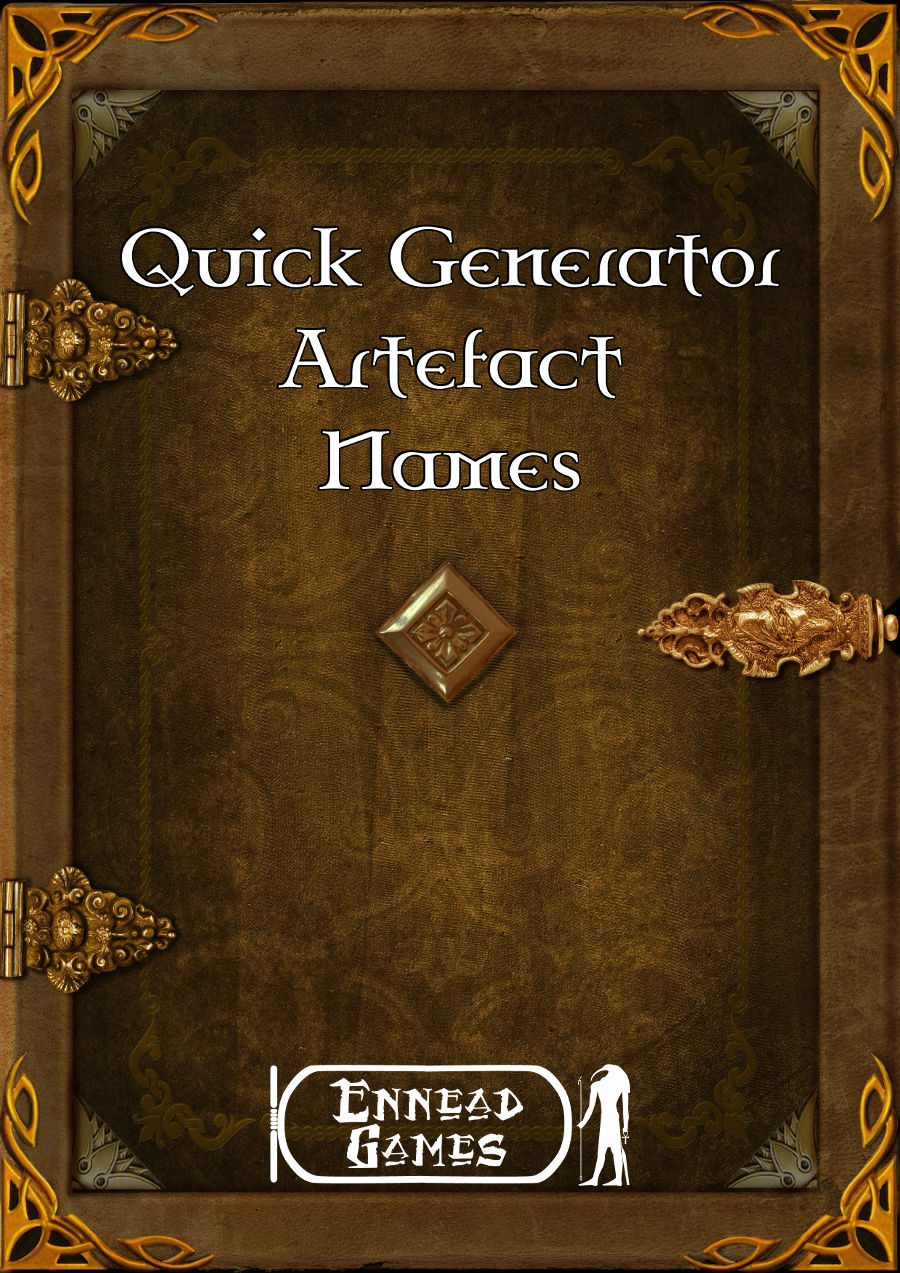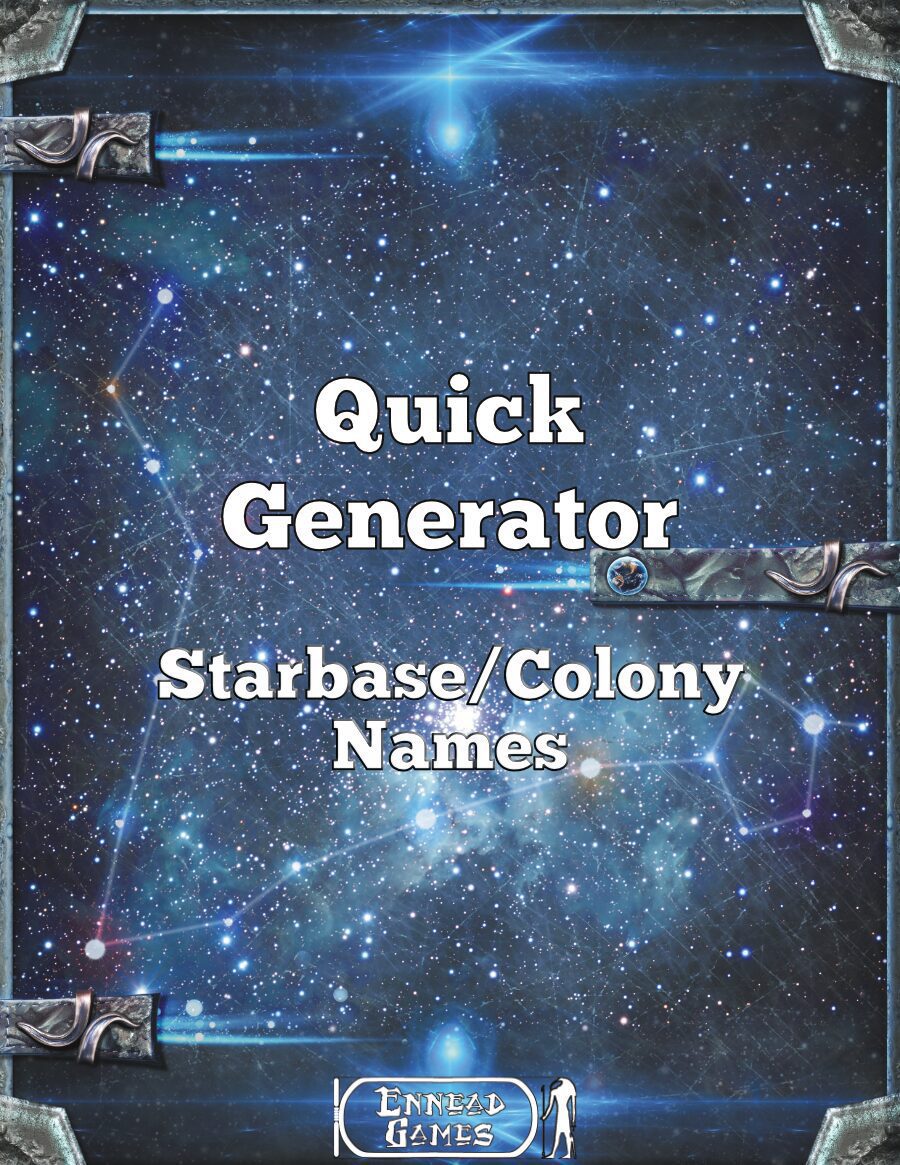
The Mechanical Limitations of Interludes
Phil Nicholls blogs at Tales of a GM, where he writes about narrative gaming, faster prep and more story. He is currently running a HeroQuest Glorantha campaign in a home-brew setting. Phil has written for Johnn Four’s Roleplaying Tips newsletter and has a selection of self-published pdfs.
This essay is taken from the archives at Tales of a GM.
As regular Readers of Tales of a GM know, I frequently run interlude sessions in my Tales of a Hero Wars campaign. An interlude works very much like a flashback sequence in a film, as it focuses upon another set of characters, or time frame. I typically use a fresh set of rules to help differentiate the interlude from the ongoing campaign. Events and personalities from the interlude are then be woven back into the main storyline.
Interludes are a great way to vary the pace and content of the campaign. They offer a chance to play with different characters, or in an alternate setting, yet ensure that what would otherwise be a one-shot scenario remains relevant to the main campaign. Interludes allow the GM to weave fresh elements into the overall story.
Problems and Limitations
For all the many benefits of interludes, there are limitations too. Suddenly abandoning the main campaign for several weeks does bring with it some issues. In this article I discuss some of the mechanical problems that can arise when running an Interlude.
This is not to dissuade you from weaving interludes into your game. Rather, it is to help make you aware of the potential problems so that you can mitigate them where possible.
Limitations of Time
We all live busy lives, and the amount of time required just to run an ongoing campaign can be a burden. To switch from the normal rules to a new set adds greatly to the GM’s workload. This learning process can be lessened by revisiting the same rules for an interlude. I have used DramaSystem and FAE for more than one interlude each, and this helps speed things along. Of course, this does not shorten the process for the first use of any new set of rules. Think of the time spent as an investment for future interludes, and the cost does not feel so high.
When you are trying to learn the rules to play an interlude, you can streamline the process by only learning those rules you really need. A game set in a Thieves Guild, for example, is probably not going to need the magic rules in quite the same depth as the social interaction rules. Focusing your time on the needs of the game you are going to run reduces the amount of text you need to assimilate.
I ease the process of learning new rules by creating summary sheets for myself. Simply reading through the text is rarely enough to teach me a new set of rules. To start to learn something properly, I need to process the information. I convert the text into brief notes, often little more than bullet points, which ensures that I process what I am reading, and thus learn it faster.
These GM notes help me recall the rules during the interlude. Furthermore, I take these GM notes, pare them down even further, and convert them into Player Handouts. The process of converting my notes into a simpler form is both a trial run at teaching the rules, and a second pass at learning the rules. Finally, I am speeding up the process by combining learning the rules with creating the GM notes and Player Handouts.
Keeping the Rules Straight
One word of warning with trying to absorb new sets of rules at speed. If the new set is too similar to the usual rules used in your campaign, then there can be some confusion. Thus, I find it difficult to run FAE interludes as the rules are broadly similar to HeroQuest. Exchanging one set of narrative rules for another set of narrative rules has too small a differentiation.
For your first few interludes it is better to choose rules with a different philosophy to those used in your ongoing game. Rules-lite indie games are a good choice, as they often focus on a narrow list of actions or feature a unique set of mechanics.
Teaching the Rules
Just as you have to learn a new set of rules for an interlude, you also have to teach them to your Players. If you only have short periods of time to game in, then this can have a major impact. Talking the Players through the handouts you have prepared is a good way to systematically teach the Players. Yet, even this can take up to an hour of precious game time.
This process can be speeded along by giving the Players the handouts a week in advance. Some Players may not appreciate this sort of homework from a GM. If you explain to them that this is to speed along the game next week, then the Players may be willing to help you maximise everyone’s game time. Finally, an interlude revisiting the rules from a previous interlude also saves you time. Over the course of a long campaign, using multiple interludes with the same rules greatly reduces the amount of teaching time required.
I also try to speed up the process by limiting the amount of character generation performed by the Players. For games such as DramaSystem or Fiasco, this IS the game, or a large part of it, so we tend to play through generation in those games. With other rules, I rely heavily upon pre-generated characters, or ones tailored to suit the Players or the plot.
Conclusion
Interludes are a great story tool, but the GM should consider the mechanics of the rules chosen. Depending upon the campaign rules, certain types of interlude may be harder. Differentiate the interlude by using rules with a greater change from the campaign rules. Yet, this involves more work for the GM. Find the balance which suits you.
What rules issues have you encountered when running an interlude? What rules would you prefer for an interlude? Share your experiences in the comments section below.
Happy Gaming
Phil
For more essays from Phil, and updates about his latest campaign, visit Tales of a GM.




2 thoughts on “[Tales of a GM] – The Mechanical Limitations of Interludes”
Comments are closed.